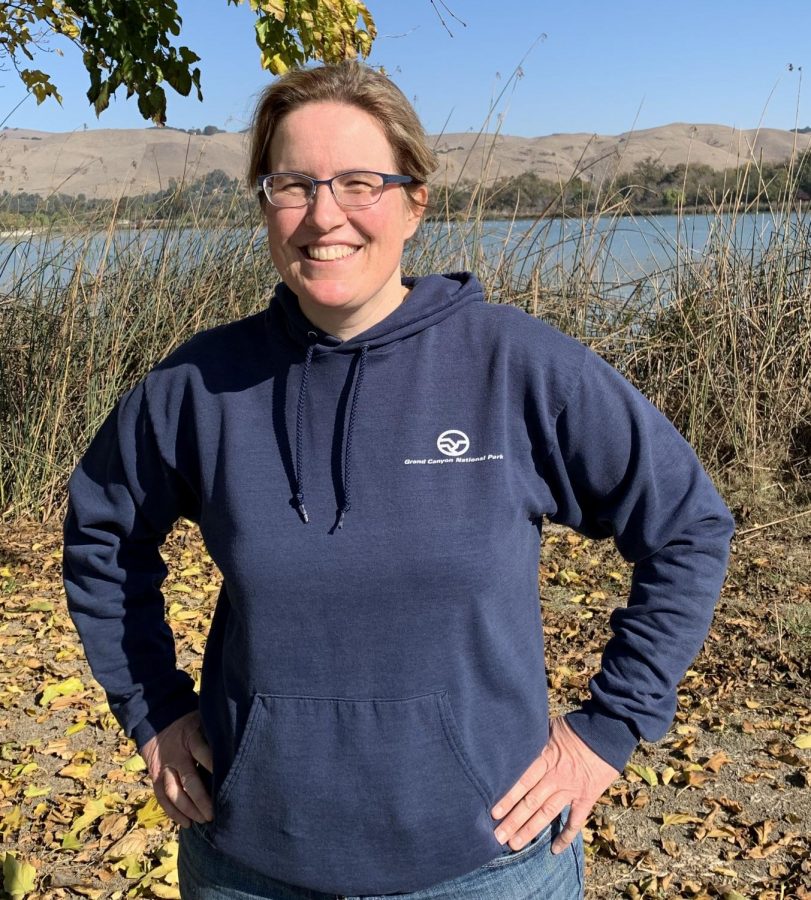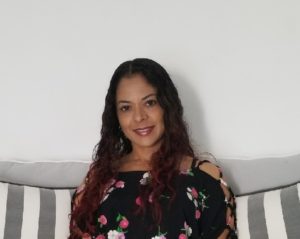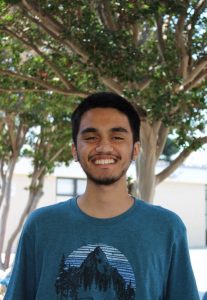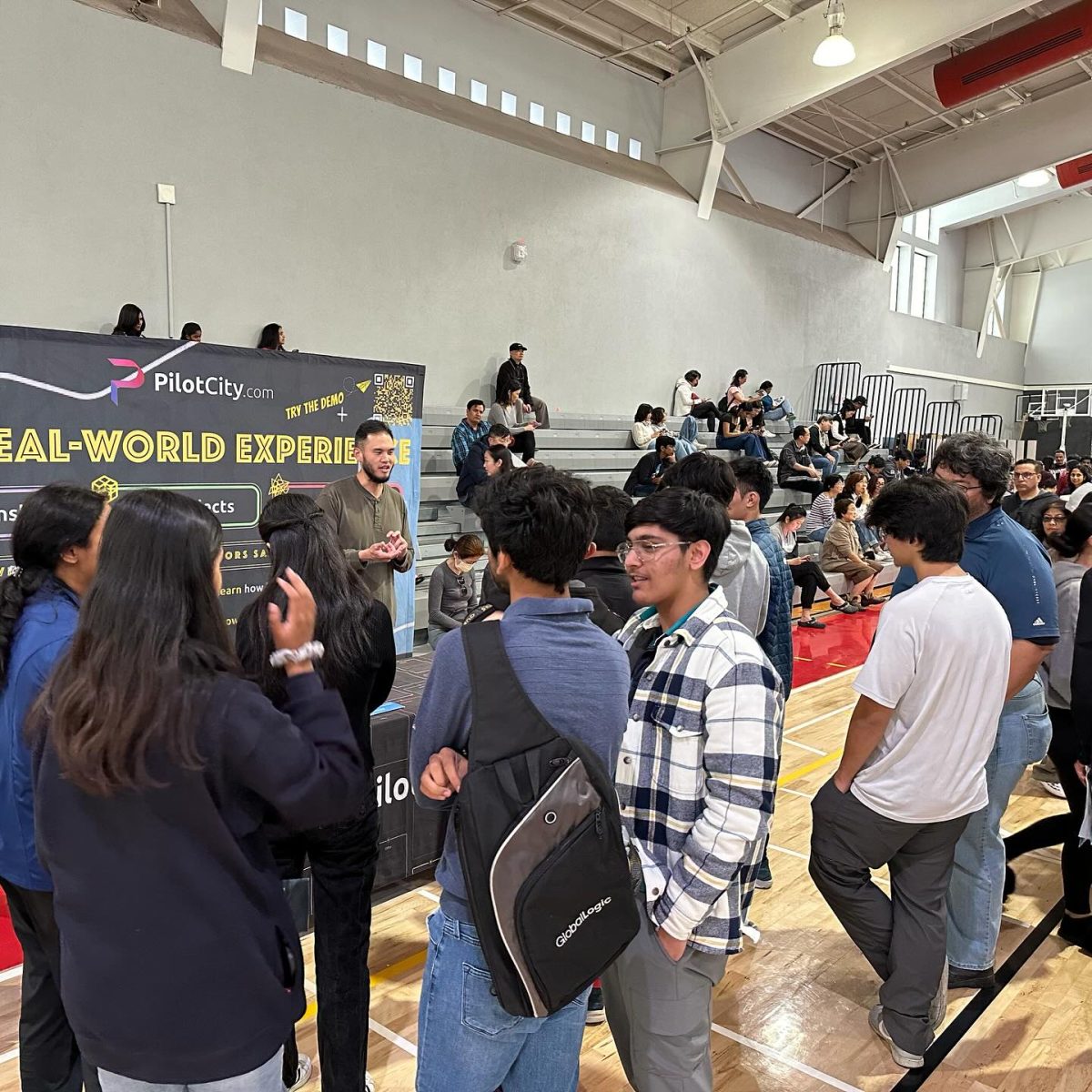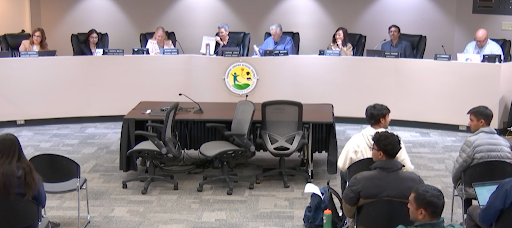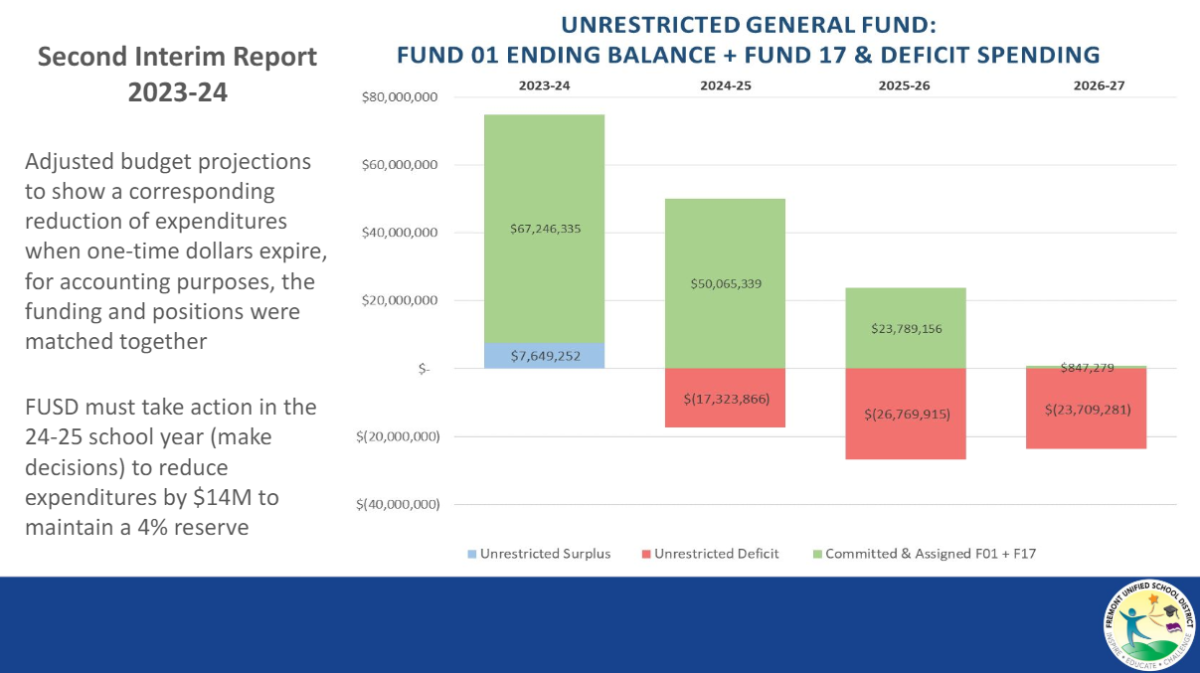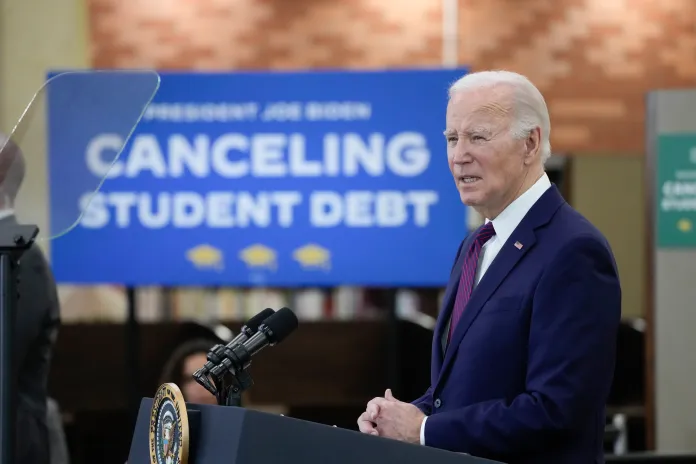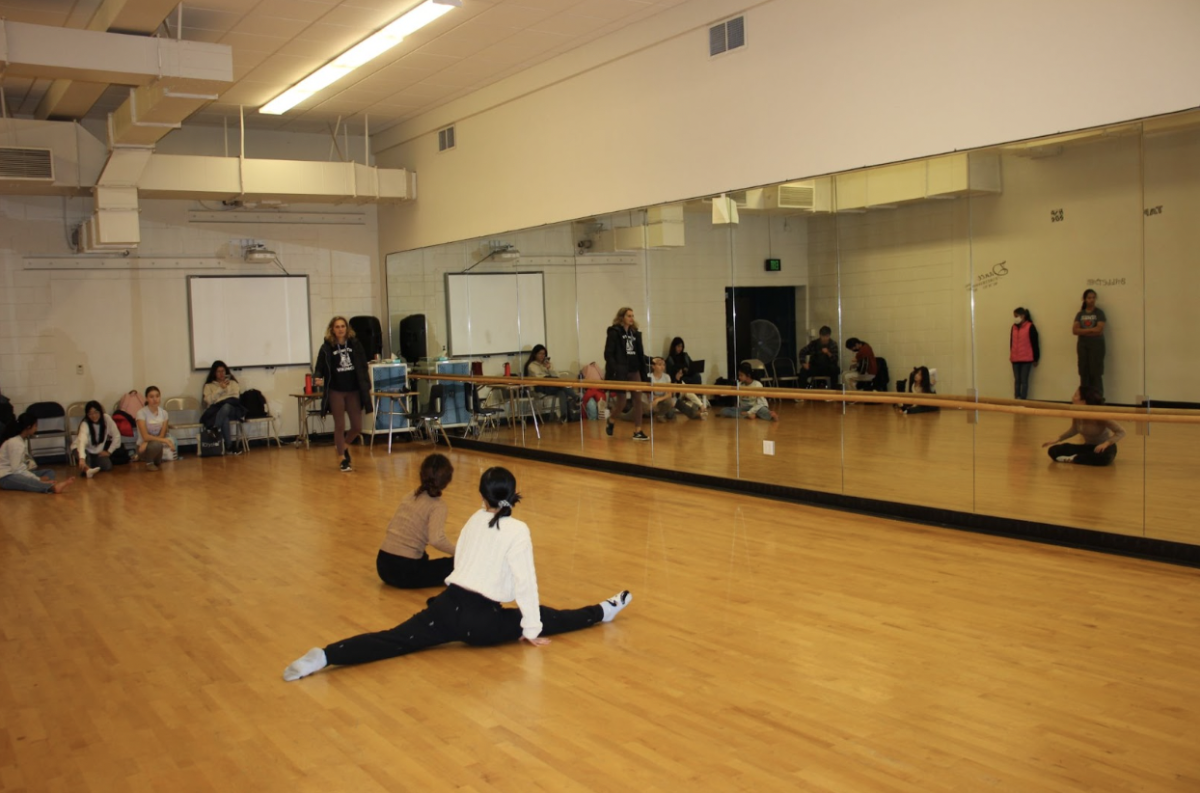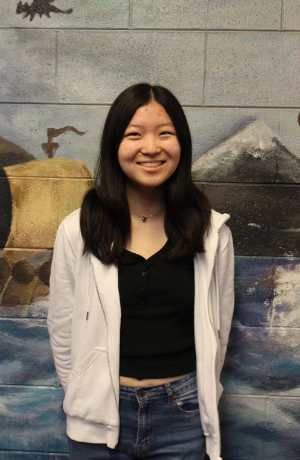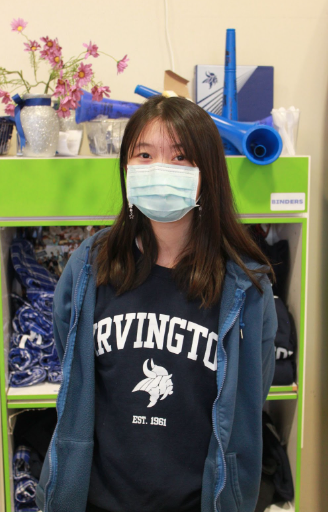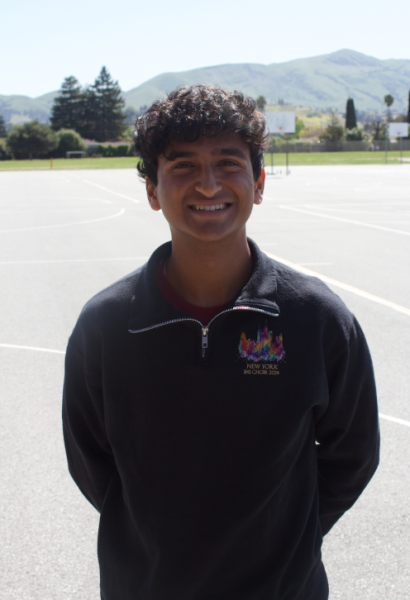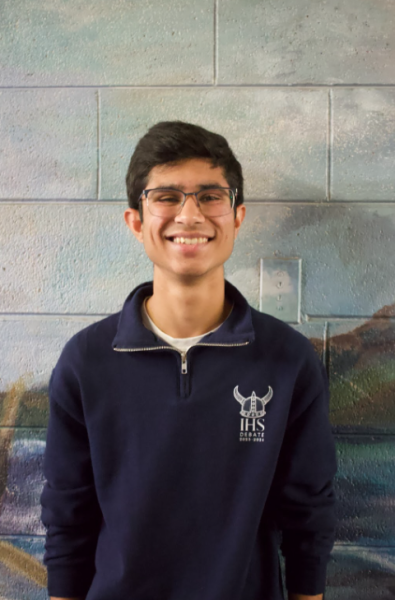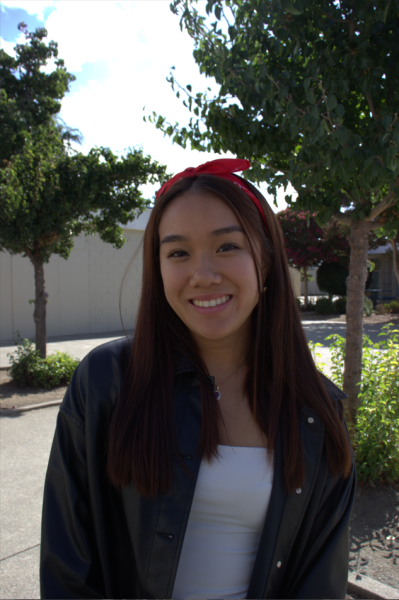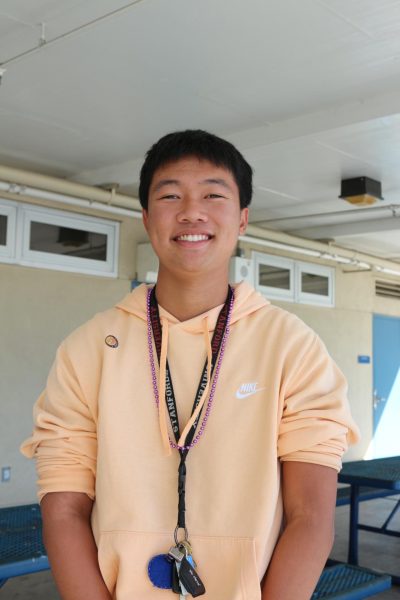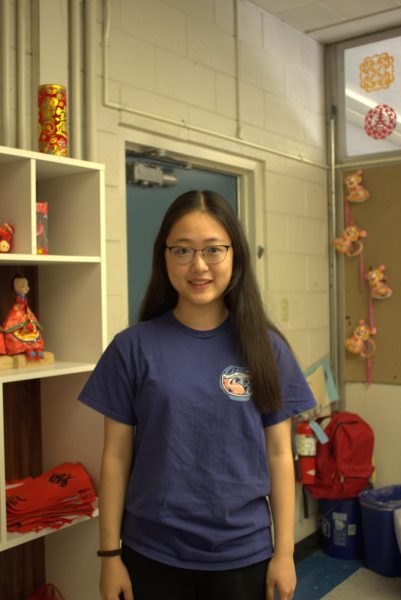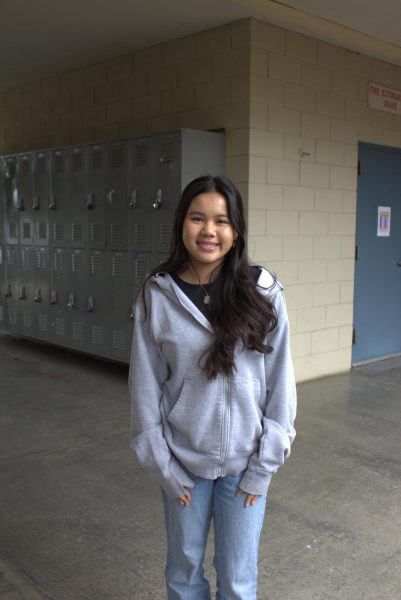Librarians adapting to COVID: Mrs. Allyson McAuley
January 6, 2021
“It was so weird. We were at school, I was in the library. And we started hearing these rumors that we might have a shutdown, we might not be back at school on Monday. I started telling my advisory class and everybody else, ‘Pack up your lockers and make sure you take everything home, just in case.’ And then we didn’t hear until 4:30 pm that we weren’t coming back. And then it ended up being all the way till now. It was hard; I think a lot of the community doesn’t realize that the teachers didn’t get any sort of training or preparation or we didn’t know any more than you guys did about what was going to happen and how long it was going to be.
And so when we got to this year, they were like, it’s gonna be distance [learning], and then finally, we had a path forward. I think most teachers felt a high level of anxiety throughout last quarter and summer, because we were adapting to crisis mode, and we didn’t know what was going to happen. And then finally, when we had a plan, it was like, I wish I were in school, but at least I know what to plan for.
We started preparing last year, but in very much like a crisis mode. And teachers were sort of adapting, like what are the essential things that we need to get done before the end of the year, and how do we do them? And so my job turned into a lot of tech support, I was taking a lot of calls and emails and zooms from teachers and kids and families who couldn’t get into Google, or they didn’t know how to set up their zoom security settings or whatever. I was putting out fires, like helping people just figure out things like ‘Oh, my God, I have a zoom bomb, what do I do.’
We have a lot of students who love to read on our campus, and I was getting emails even over the summer, before we went back, is the library going to be open? Am I gonna be able to get books? People were really wanting to read just for fun. So I talked to Ms. Morales and we started researching. The American Library Association and a lot of other organizations were coming out with some guidelines about how to make materials safe for COVID and how to run library services, and the Public Library in Fremont started a curbside pickup program. So we got kind of inspired by that and made a plan for contactless curbside pickup which currently takes place every three weeks on a Wednesday after school, in the fire exit of the library. Ms. Morales put in so much time over the summer, redesigning our web catalog so that you can hold books by yourself. Then we pull it for you, put it on the cart, the cart sits outside. It has your name on it, and you can pick up your book; It’s already checked out to you.
We are continually working on purchasing more digital materials. It’s interesting, we were one of the earliest schools in FUSD to purchase ebooks, but the students didn’t really use them very much. And they would prefer the print ones usually. Now that it’s distance learning, a lot of people want the ebooks and so we’re purchasing a lot more of them. So that’s one of the things I would improve; I would put some more money into ebooks and audiobooks…We’ve gotten a lot better at publicizing those and letting people know how to access them, but we could improve on that.
I think something that was always true for me, but it’s been a nice opportunity to communicate it to everybody, is that the library is not just a building, it’s a collection of resources and knowledge and help that you can access and so I keep thinking, like, the library is not closed, you know, we’re still there to help you even though we are closed. I think that’s something that’s been really important for me and other librarians is communicating that a library is a place where you can go for resources and knowledge, but it doesn’t have to be a physical place. So I’ve learned that, about how to communicate that better and be there for people.”


